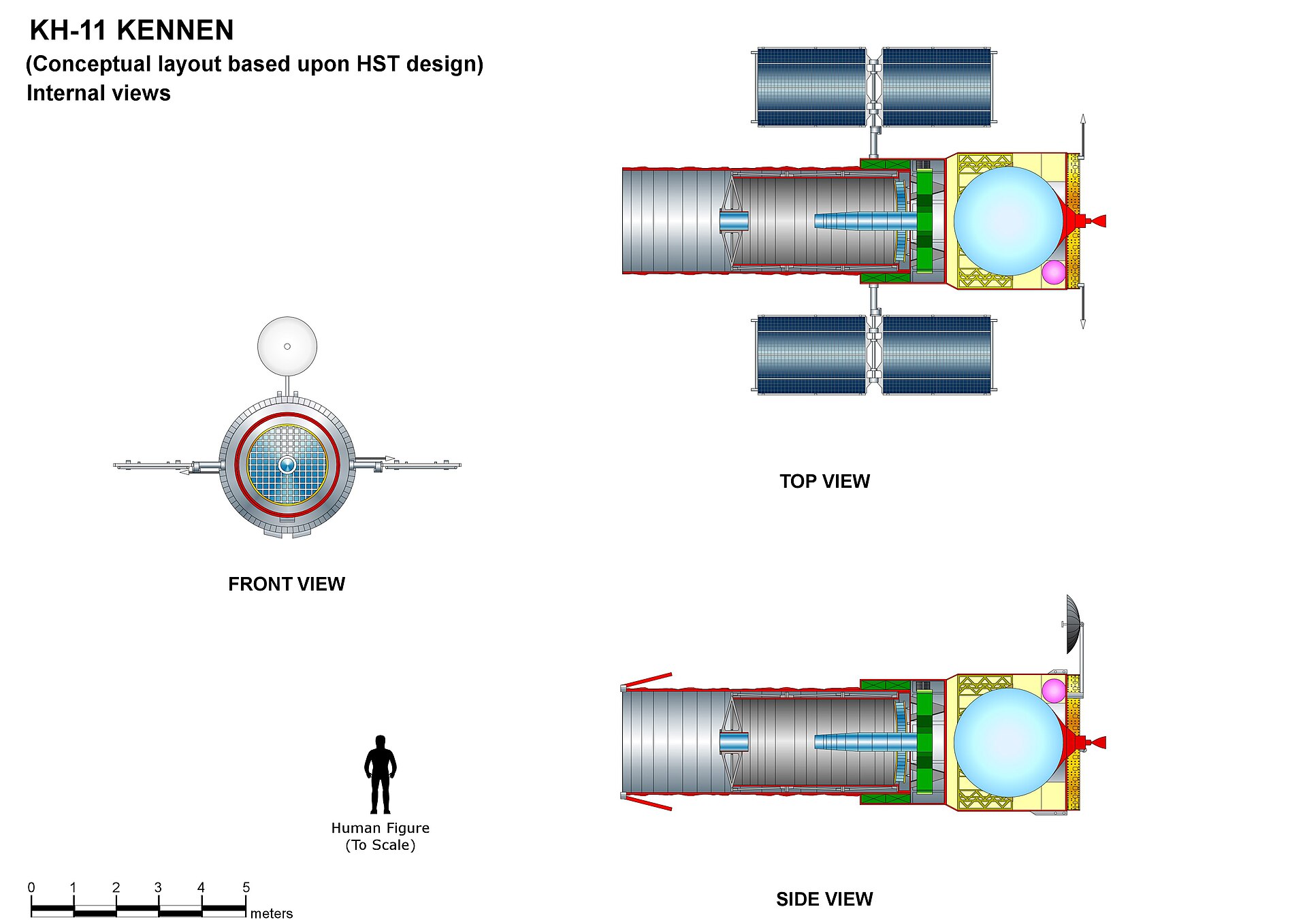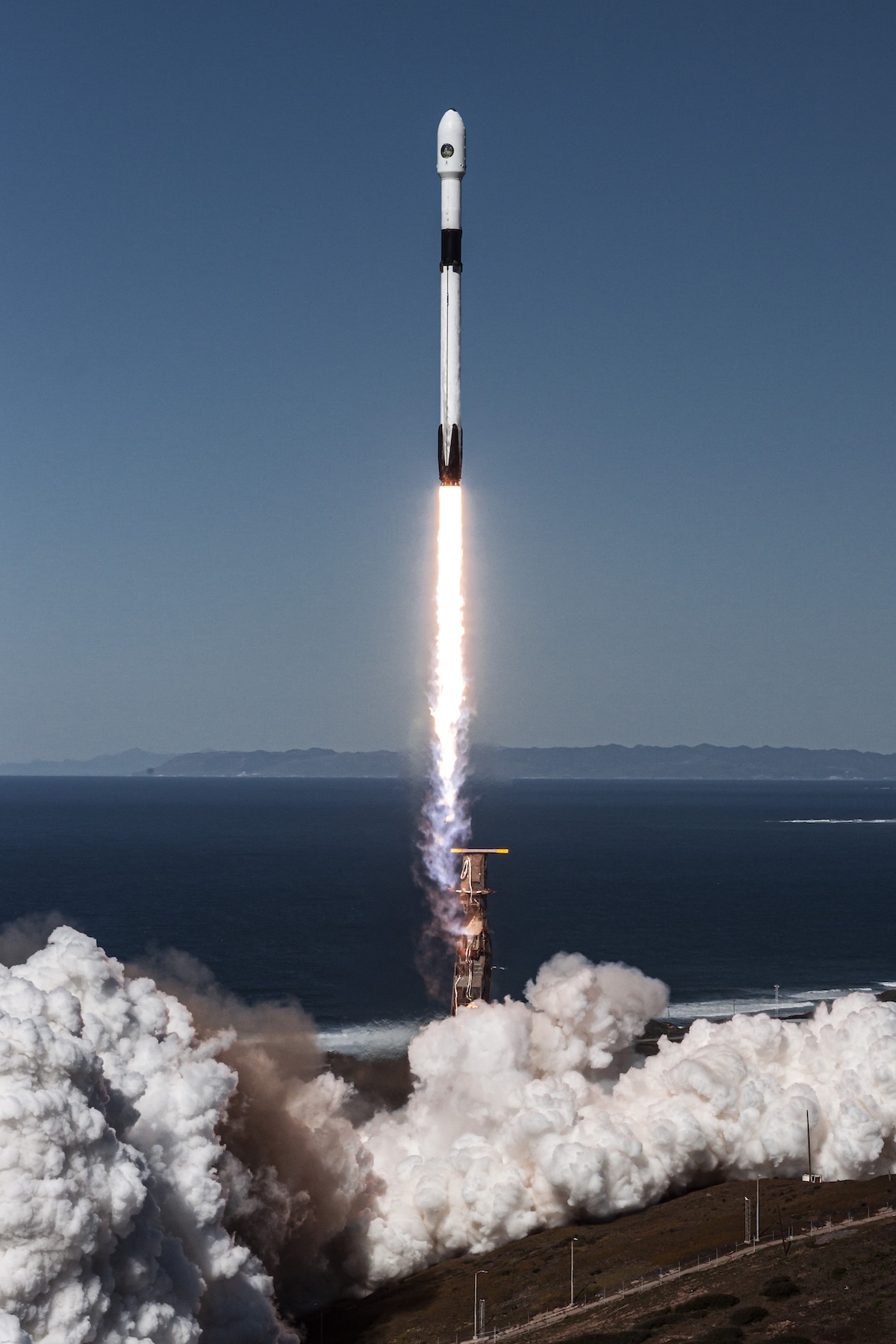Russia is a waning space power, but President Vladimir Putin has made sure he still has a saber to rattle in orbit.
This has become more evident in recent weeks, when we saw a pair of rocket launches carrying top-secret military payloads, the release of a mysterious object from a Russian mothership in orbit, and a sequence of complex formation-flying maneuvers with a trio of satellites nearly 400 miles up.
In isolation, each of these things would catch the attention of Western analysts. Taken together, the frenzy of maneuvers represents one of the most significant surges in Russian military space activity since the end of the Cold War. What's more, all of this is happening as Russia lags further behind the United States and China in everything from rockets to satellite manufacturing. Russian efforts to develop a reusable rocket, field a new human-rated spacecraft to replace the venerable Soyuz, and launch a megaconstellation akin to SpaceX's Starlink are going nowhere fast.
Russia has completed just eight launches to orbit so far this year, compared to 101 orbital attempts by US launch providers and 36 from China. This puts Russia on pace for the fewest number of orbital launch attempts since 1961, the year Soviet citizen Yuri Gagarin became the first person to fly in space.
For the better part of three decades, Russia's space program could rely on money from Western governments and commercial companies to build rockets, launch satellites, and ferry astronauts to and from the International Space Station. The money tap dried up after Russia's invasion of Ukraine. Russia also lost access to Ukrainian-made components to go into their launch vehicles and satellites.
Chasing a Keyhole
Amid this retrenchment, Russia is targeting what's left of its capacity for innovation in space toward pestering the US military. US intelligence officials last year said they believed Russia was pursuing a project to place a nuclear weapon in space. The detonation of a nuclear bomb in orbit could muck up the space environment for years, indiscriminately disabling countless satellites, whether they're military or civilian.







 Loading comments...
Loading comments...
